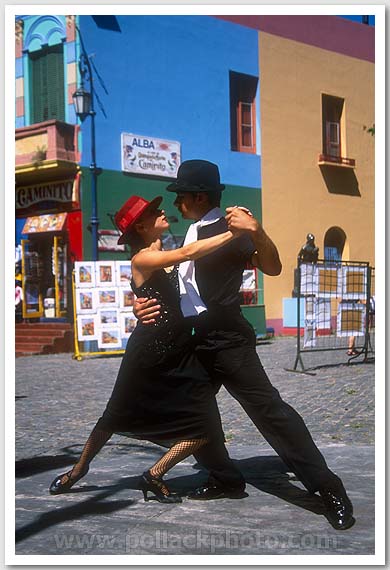"It's just like in the movies," noted Maria Marta's mom, "in the morning, they run to the Christmas tree to see what presents Santa has left for them!" She was explaining to the dinner party about all the knowledge that somehow telepathically reached her from my experience of Christmas over the past 22 years. We were sitting in the air conditioned home of Maria Marta's uncle, waiting for the clock to strike midnight on Christmas Eve. Over the past couple days, I did not really even have a chance to get a word in as Mrs. Pedrotti has ever so rightfully been nicknamed "the radio".
As we sat in the patio, avoiding the 100º weather outside (okay, by midnight it had dropped to about 95º) we held our strawberry champagne in anticipation for the clock to strike. Scratch that....in anticipation for the sky to fall. After 12:00 am on December 25th, everyone and his or her mother shoot off fireworks throughout the city. It was one of the most intense firework displays I have ever seen! I did not actually know where to look as it was a 360 degree experience. Also, huge paper lanterns are let off into the sky and rise until either the oil of the lamp burns out or the entire lantern self-engulfs in flames. The show was, well, loud and colorful, but did not last more than 25 minutes as a huge thunderstorm rolled into Carlos Paz, Córdoba.
By 2 am we were having our coffee and getting ready to head back to the house. In Argentina, though, the schedule is a tad different. Lunch is at around 12 or 1 followed by a nap until about 4 or 5 (because really, it's just too damn hot to do anything else). At about 6 comes the hour for tea or coffee and sitting by the pool. Once the sun begins to set around 8 or 9, it's a good time to go out around the town or begin preparing for dinner. Dinner itself does not normally start until after 10. What does this mean for all those young whipper-snappers like me and my Spanish camp friends?
That's right, at 2 am we were off to the house of one of our camp coworkers to have drinks and maybe go out to a bar. The rain dumped on our plans and we decided to stay in a chat. It was wonderful seeing everyone, but by 5 am I was absolutely exhausted. I think I actually fell asleep before my head hit the pillow, only to be woken up at 1 pm on Christmas day in time to head off to the family bbq. My estimates are that they cooked up half a cow and a few sheep for lunch, but it was fantastic!
I will have to admit, as we were toasting at midnight, for a moment I really wanted to be home. This is the first time I have ever been away from my family for Christmas. It is also the first year without my grandma. Luckily, I am surrounded by my secondly family (my coworkers from camp), but I truly miss my family and my friends.
To all my blog readers from Rochester, D.C., and family/friends elsewhere, a Merry Christmas to you all. I love you, I miss you, and I am REALLY JEALOUS that you get to bundle up by the fireplace at night.
A brief history of the Aymara in Peru
-
*IRPA’s mission is to develop and enable the productive and organizational
skills of less favoured populations in the highland region through the
managemen...
17 years ago


